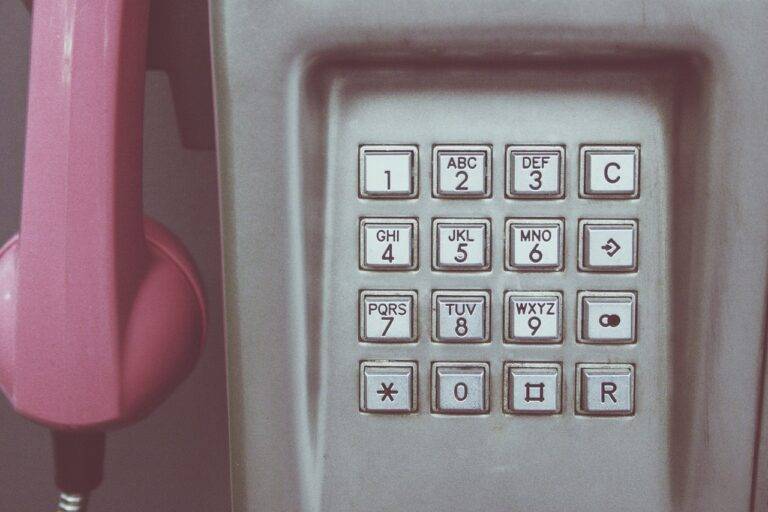Augmented Reality in Healthcare: Surgical Navigation Systems
Surgical navigation systems play a crucial role in enhancing the accuracy and precision of various surgical procedures. By providing real-time navigational guidance to surgeons during operations, these systems contribute to reducing the risk of errors and improving patient outcomes. This technology allows for more efficient and effective surgical interventions, optimizing the surgical process and ultimately leading to better patient care.
Moreover, surgical navigation systems enable surgeons to perform complex procedures with enhanced confidence and control. The ability to visualize the patient’s anatomy in three dimensions on a screen assists in planning and executing intricate maneuvers with greater accuracy. This not only results in shorter operating times but also minimizes the potential for complications, making surgical navigation systems a valuable tool in modern healthcare settings.
How Surgical Navigation Systems Improve Surgical Accuracy
Surgical navigation systems have revolutionized the field of surgery by enhancing surgical accuracy through real-time guidance and precision. By providing three-dimensional visualization of the patient’s anatomy during a procedure, these systems allow surgeons to navigate through complex structures with increased confidence and efficiency.
Furthermore, the integration of advanced imaging technologies, such as CT scans and MRIs, into surgical navigation systems enables surgeons to plan and execute procedures with unparalleled accuracy. This level of precision not only improves patient outcomes but also reduces the risk of complications during surgery.
What are the key benefits of surgical navigation systems in healthcare?
Surgical navigation systems can improve surgical accuracy, enhance patient outcomes, reduce the risk of complications, streamline complex procedures, and allow for more precise targeting of treatment areas.
How do surgical navigation systems improve surgical accuracy?
Surgical navigation systems use advanced imaging technology to provide real-time feedback to surgeons during procedures, helping them navigate the surgical site with greater precision and accuracy.
Are surgical navigation systems difficult to use?
While surgical navigation systems require training and practice to use effectively, they are designed to be user-friendly and intuitive for surgeons to operate in the operating room.
Do surgical navigation systems work for all types of surgeries?
Surgical navigation systems can be used for a wide range of surgical procedures, including neurosurgery, orthopedic surgery, ENT surgery, and more. However, the specific application of the system may vary depending on the surgical specialty.





